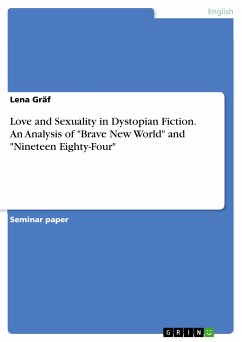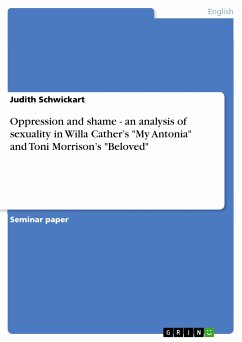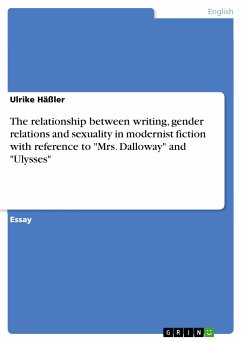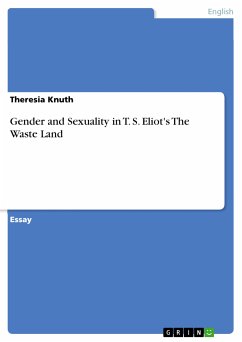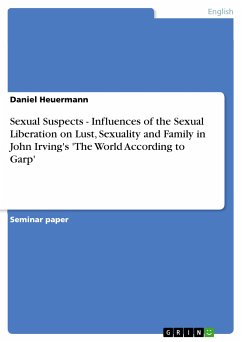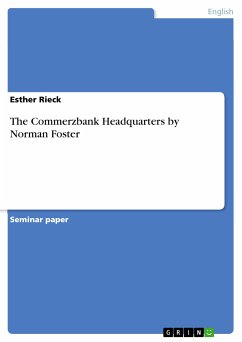Seminar paper from the year 2015 in the subject English Language and Literature Studies - Literature, grade: 2,3, , language: English, abstract: This term paper is supposed to deal with how love and sex are depicted in “Brave New World” and “1984”, and if there are any similarities between them. Furthermore we will take a brief look at differences and similarities to love and sex in our society. What is the attitude towards marriage these days? And what is the role of love in all of that? After this we will then hopefully be able to identify what love and sex in dystopian fiction means. Ever since Thomas More’s “Utopia” love and sex have been a part of dystopian novels. In Thomas More’s times his depictions were ground breaking. Women were not allowed to marry until they were 18. In the past this was highly unusual, since most women married at the age of around 14. Furthermore divorce is forbidden, which, at this point, mirrors the time More lived in. This clearly influenced all the following writers of dystopian novels. They imagine a world that is negatively silhouetted against their own world. And since love is a big part of every society it is also a big part in every dystopian society. When looking for “the most famous dystopian novels” on Google, two that are immediately suggested are "Brave New World" by Aldous Huxley and "1984" by George Orwell. Both have one thing in common: their rather negative and, for us, rather unusual attitude towards love, relationships and sex.

